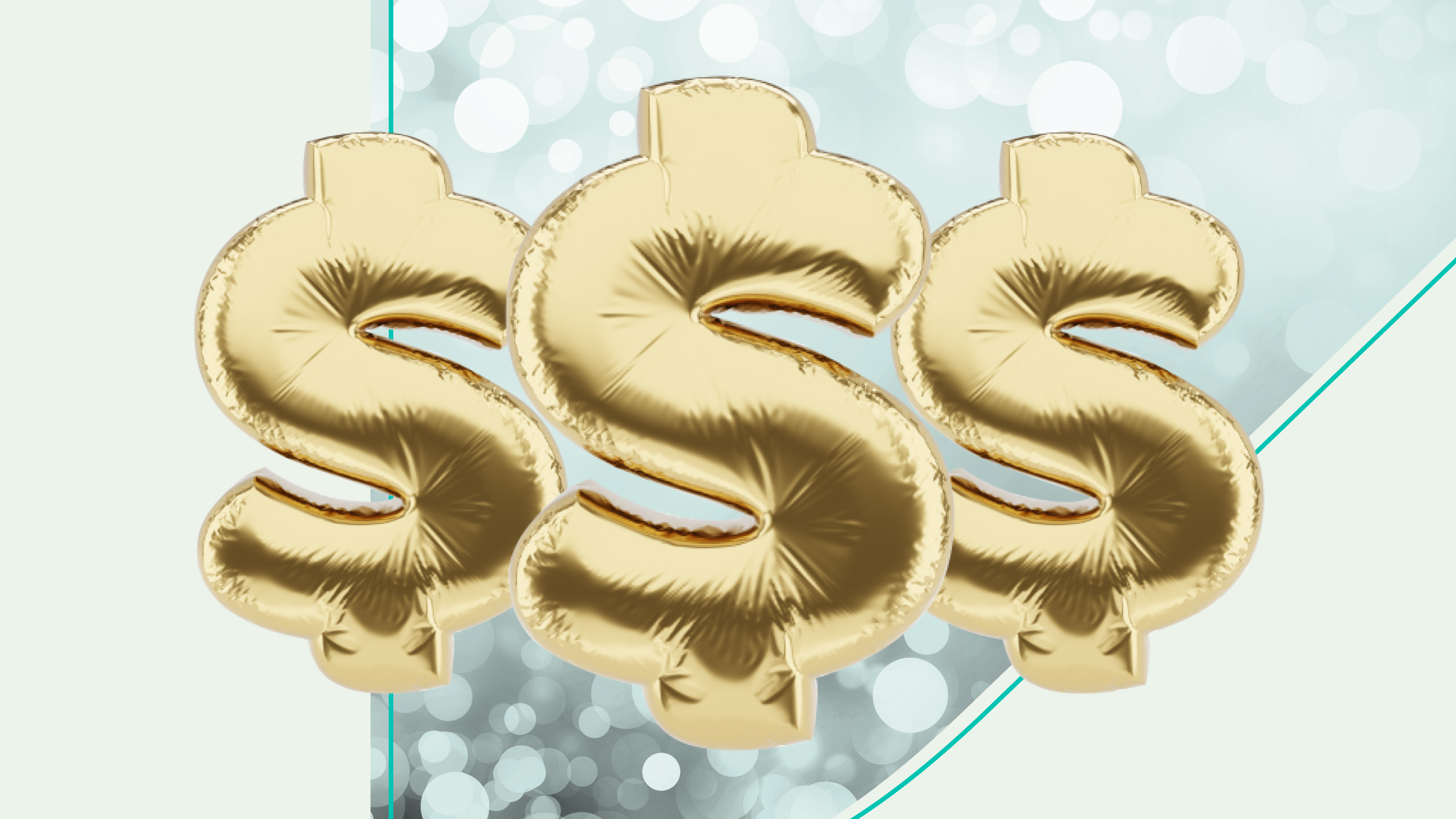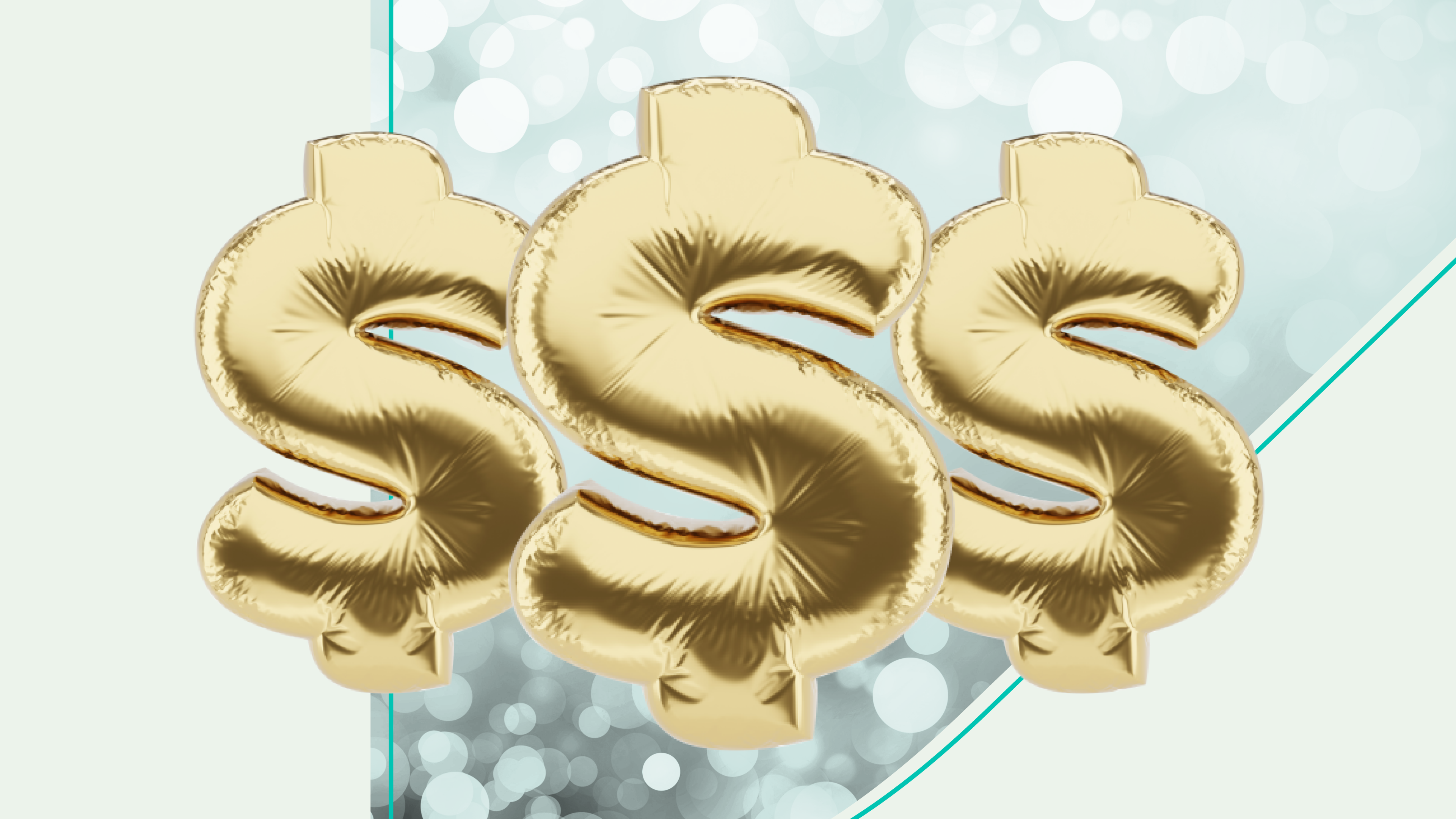The CDC now recommends social distancing from your hopes of normalcy. Not really. But 2022 is off to a rocky start. Especially for meme stocks and anyone trying to get a COVID-19 test or fly anywhere.* But there’s still enough year left to make it a good one. Let's get to it.
*PS: Not a Washington Post subscriber? Check out their exclusive offer just for Skimm’rs.
Headlines, Skimm'd
The greater resignation. On Tuesday, the Labor Department said the number of Americans quitting their jobs hit another record high in November at 4.5 million. Many in low-wage, high-demand industries like food service and hospitality, where job hopping has helped workers score higher pay or better conditions. And in December, the US added just 199,000 jobs — about half of what was expected. Analysts anticipate that number to keep disappointing with new COVID cases surging due to Omicron. But the unemployment rate fell to a pandemic low, below 4%.
PAC at it. After last year’s Jan. 6 insurrection at the Capitol, many corporations publicly condemned the attack. And pledged to pause and re-evaluate political action committee (PAC) donations to members of Congress who objected to certifying 2020 election results. But a new survey says that some of those PACs soon resumed giving in 2021. And a separate watchdog report found others never actually stopped.
Wassup baby? President Joe Biden’s disapproval rating. Polls show it hit 54% in December. Because voters are stressed about the economy, especially inflation. He says he's working on it. And this week, he’s beefing with farmers and ranchers over meat prices. But meat industry reps say the broader economy is to blame. Who else is working on the inflation problem? The Fed.
Let's Talk About…

Moneying Smarter in 2022
Barely a week into the year, you still have time to make New Year’s resolutions. Financial fixes are some of the most common. Sticking with them is far less common: one survey says more than half of people who make resolutions don’t follow through. One way to make sure you're not one of them is to be intentional with your goals. Setting a resolution that matters to you can make it easier to commit. Then make sure it's realistically attainable. Psst…getting more rest and taking your self-care seriously might be the resolutions you need to avoid burnout this year. Check out our guide to financial resolutions for more ideas and inspiration to make 2022 your (wallet's) year.
Make Good (Money) Choices
If you were a side hustler in 2021…
Prepare to pay taxes — DIY style. Because unlike a full-time position, taxes usually aren’t withheld from your paychecks for any freelance, contract, or gig work. And Uncle Sam will want his cut come April if you made a net profit over $400. Step one: figure out which category your biz falls under. (Hint: it's probably a "sole proprietorship.") Next steps: read our non-confusing guide to filing self-employment taxes.
If you’re struggling to juggle irregular expenses…
Start a sinking fund, aka the opposite of an emergency fund. Instead of saving up for unexpected costs like car trouble or a trip to the ER, a sinking fund can help you save for planned expenses that aren't part of your monthly budget. Think: quarterly insurance premiums, new tires, birthday gifts, or an upcoming medical procedure. Estimate those costs for the year and divvy them up into monthly contributions to your sinking fund. Making the irregular regular.
If you scored a COVID test but sneezed at the price…
Check for reimbursements. Retailers like Walmart and Kroger have raised prices on at-home tests. But the Biden admin’s mandate for private insurers to cover testing costs goes into effect next week. The White House also says it will be sending out free test kits soon. In the meantime, anyone who needs routine testing (like if you’re unvaccinated and need to test negative to work) should make room in their budgets for those rising costs. And beware of scammers reselling overpriced test kits on digital marketplaces.
Crypto, Decoded
theSkimm on NFTs
You've heard the acronym. Celebs love them. But WTF are NFTs? Non-fungible tokens are unique and irreplaceable digital assets, often taking the form of virtual art. Skimm what else you need to know about NFTs in our 60-second video explainer. And follow these steps if you're thinking about buying:
Get educated. NFTs have been around since 2017, but they might be new to you. So do your homework before investing. Because understanding what you're buying is always a good idea, especially when the investment has a short track record.
Be ready to invest in crypto first. Many NFTs (but not all) have to be purchased in ether. (One ether = about $3,100 as of this morning.) But they can go for a fraction of a coin.
Get a digital wallet. Add your crypto, so you can spend it.
Find what you want to buy on an NFT marketplace. Like OpenSea, Foundation, or Rarible.
Make an offer. Don't forget to factor in hidden costs like "gas fees." That's the extra charge for processing the transaction, which can add up to hundreds of dollars.
Hot Off the Web
Tesla opened a new showroom in Xinjiang, where the Chinese gov has been accused of major human rights violations.
Inflation hits Little Caesars’ $5 Hot-N-Ready Pizza.
Watch out, job-hoppers: remote work scams are on the rise.
Who’s a moody teen now? Bitcoin turned 13 on Jan. 3.
Theranos founder Elizabeth Holmes was found guilty on four of 11 federal fraud charges.
Subscribe to Skimm Money
Your source for the biggest financial headlines and trends, and how they affect your wallet.
